|
Hey guys! It's freezing here in Chicago, but we are coming even closer to finishing the film and getting the story out there. In the meantime, we've been seeing a lot of other groups getting out their own stories. First one is from a few weeks ago - we read about a group of Native American women who created a graphic novel for girls and young women in their community who are raped. It's a group that doesn't often have a voice on these issues, but "Native American women are 2.5 times more likely to experience sexual assault crimes than all other races in the US and that more than one in three Native American women report having been raped during their lifetime." The book is called What To Do When You’re Raped: An ABC Handbook for Native Girls and it is available for free online. It's incredibly sad that rape is so common in these communities (note the title "WHEN you're raped," not "IF you're raped...") but we do think this artistic way to help deal with it is cool. Many of the information and resources are applicable to all survivors, such as "The letter “F” is for: “It is not ever your fault. You did not ‘ask for it.’ You are not alone.” Click here to download a free PDF. You can read the full article from The Guardian here: Native American mothers ask: 'What do I tell my daughter when she is raped? The next article we thought was important - and from a perspective we don't hear very often was a Huffington Post article, Out Here, No One Can Hear You Scream. The article is about park rangers and other women in national parks who are sexually harassed or assaulted. The women are often in remote or secluded spaces, and the perpetrators can be men they work with, making it especially difficult to report. "In 2012 in Texas, members of the Parks and Wildlife Department complained about a “legacy” of racial and gender intolerance; only 8 percent of the state's 500 game wardens were women. In 2014, in California, female employees of the U.S. Forest Service filed a class-action lawsuit—the fourth in 35 years—over what they described as an egregious, long-standing culture of sexual harassment, disparity in hiring and promotion, and retaliation against those who complained." *TRIGGER WARNING* The last article we have to share with you today is from NPR. It's another outlet for young women (and hopefully men!) - young adult novels. "Three new young adult novels about sexual assault are being released by major publishers this spring: The Way I Used to Be by Amber Smith, Asking For It by Louise O'Neill and Exit, Pursued by a Bear by E.K. Johnston. Johnston says she's noticed a change in how today's young adult writers discuss consent.
"'It's something that authors are starting to name," [Author E.K. Johnston] explains. "Whether it's fantasy, whether it's contemporary, whether it's sci-fi — they're starting to actually say the words 'consent, 'rape,' 'permission,' 'yes,' 'no,' those kinds of things.'" Teaching youth about these topics early on is vital to changing rape culture - we hope that some of these voices for young adults will help open minds and open dialogue. Read the full article: When Talking About Sexual Consent, YA Books Can Be A Parent's Best Friend.
2 Comments
Here's something cool:
We were updating the Paper Crane website and did a little Google searching. In doing so we found an awesome post by blogger MShaiq! We had never seen the post before - it was written back in 2012 when we were first crowdfunding via Kickstarter and fundraising to get this film made. MShaiq is awesome: "A 20 something lawyer in Pakistan, passionate about feminism, women’s, animal’s and human rights; with an opinionated view on justice." Check out her post Paper Crane film – Surviving Rape: The Emotional Repercussions Thank you for supporting us MShaiq! (Twitter/Instagram: @mshaiq) It's a cold, sunny day here in Chicago and today is a very exciting day for Paper Crane! We have been composing music for weeks and we are finally in the studio for our first recording! Enjoy some behind the scenes photos and we can't wait to bring this beautiful music to the film and share it with all of you :) Composer/Post-Production Sound Supervisor Efe Tufan recording in the studio Composer Philip Marx plays guitar for the end sequence of the film
 One of my friends posted this news on Facebook today with the comment: "Instead of 'women, don't be trusting,' how about we say, 'men, don't be raping murderers'?" Basically, yes. Victim-blaming is all too common. From the article: "The danger of victim-blaming, however, is that it makes the focus of the story or the solution to the problem solely about the victims and what they could've done differently. It means we end up ignoring the fact that 100% of the time, the perpetrator of the crime is the one at fault — that they are the one who should've done things differently, and they're the one who should be held accountable for their actions." An interesting thing came out of this tragedy - a stranger spoke up for these women... As one of the victims. "'Yesterday I was killed,' Acosta's post begins. 'I refused to be touched, and they burst my skull with a stick. I got stabbed and was left to die bleeding.'Her post continues, contrasting the pain of death with the humiliation of being blamed for it: 'Worse than death, was the humiliation that followed. From the time they had my dead body nobody asked where the son of a bitch that ended my dreams, my hopes and my life was. No, rather than that they started asking me useless questions... What clothes did you wear? Why were you alone? Why would a woman travel alone? You got into a dangerous neighborhood, what did you expect?'" After sending a prayer or a hopeful thought for these girls and their families, take a moment to share this Upworthy article, spread the word that victim-blaming is NOT okay. Hey guys!
Something cool happened this fall and we were just made aware of it - California has implemented mandatory sexual consent lessons in high schools! "The new law mandates all school districts that have made health a graduation requirement to lecture students about sexual violence prevention and affirmative consent starting next year." Education really is the first step to ending rape culture. Future generations can grow up with a better consciousness about rape and hopefully break the cycle. Obviously we still have a long way to go, but this a good first step. Let us know what you think! Read more about it here! Did anybody watch the Oscars last night? Vice President Joe Biden came on stage to make one of the most important speeches of the Academy Awards ceremony: "Despite significant progress over the last few years, too many women and men on and off college campuses are still victims of sexual abuse," he began, "and tonight, I’m asking you to join millions of Americans…to take the pledge: a pledge that says that I will intervene in situations when consent has not or cannot be given. Let's change the culture." Lada Gaga proceeded to perform her single 'Til it Happens to You' from The Hunting Ground - a recent documentary on rape on college campuses. Gaga had reminded us earlier that night on the red carpet that she is actually a rape survivor. Towards the end of her emotional performance, the curtain behind her was lifted and she was joined by sexual assault survivors with things like "It's not my fault" or "It happened to me" written on their arms. The moment received a standing ovation and left audience members in tears. Joe Biden had directed viewers towards the site ItsOnUs.org, where people can take the pledge: To RECOGNIZE that non-consensual sex is sexual assault.To IDENTIFY situations in which sexual assault may occur. To INTERVENE in situations where consent has not or cannot be given. To CREATE an environment in which sexual assault is unacceptable and survivors are supported. By the end of Gaga's performance when we logged on to take the pledge, the site had crashed. When we first started making Paper Crane 4 years ago, it was with the belief that media, film in particular, can help end rape culture. Last night's Oscar ceremony is proof that we are not alone in thinking so. It is our responsibility as artists - and as humans - to contribute to this fight against rape and sexual violence. And last night both Hollywood and the White House stood with us too. In light of such a major public statement, we decided we want to make Paper Crane accessible to even more viewers. If you've been following us for the past four years on our Facebook page, THANK YOU! You can still keep up with us on Facebook. But we're also introducing this brand new website which will hopefully show you a little more about the film and about who we are. We'll be posting photos and updates of our process as we continue the film. You'll also be able to find articles on things we care about, such as rape/sexual violence in the media, women in film, and resources for survivors. Please feel free to leave us comments or questions. One of our main goals is to have a forum on the site where survivors can post - especially if they are inspired by the film - in a safe way and feel like they can be heard. This is in the works and we'll be sure to keep the blog updated. So, thanks for sticking with us and for checking out our new site. Now, go take the pledge! |
Welcome!Thanks for checking out the Paper Crane blog, where we'll post photos and updates as we finish the film, as well as things we find important about rape/sexual violence in the media, women in film, and resources for survivors. We started this blog in February 2016, so if you'd like to see what we've been up to and what we've been posting even further back, visit us on Facebook! Archives
December 2022
Categories |
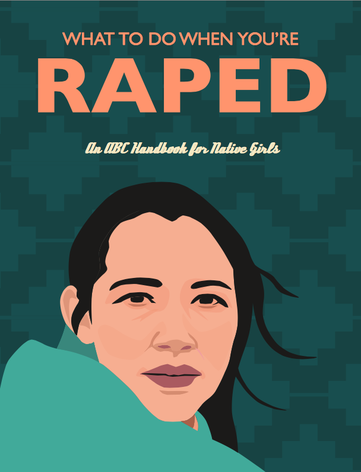
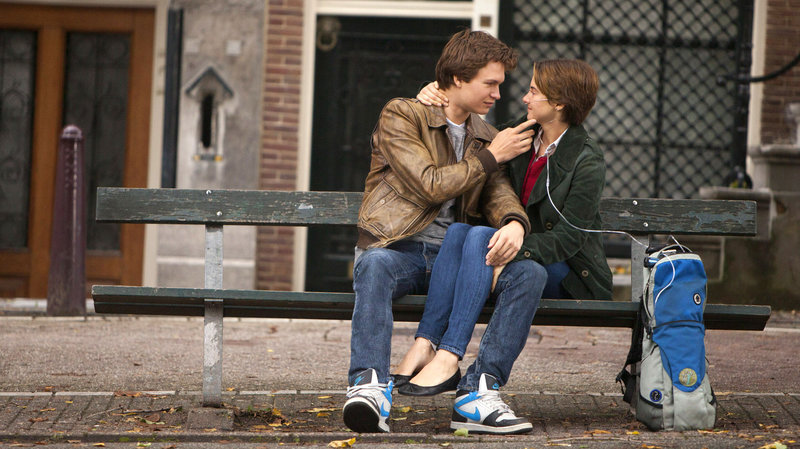
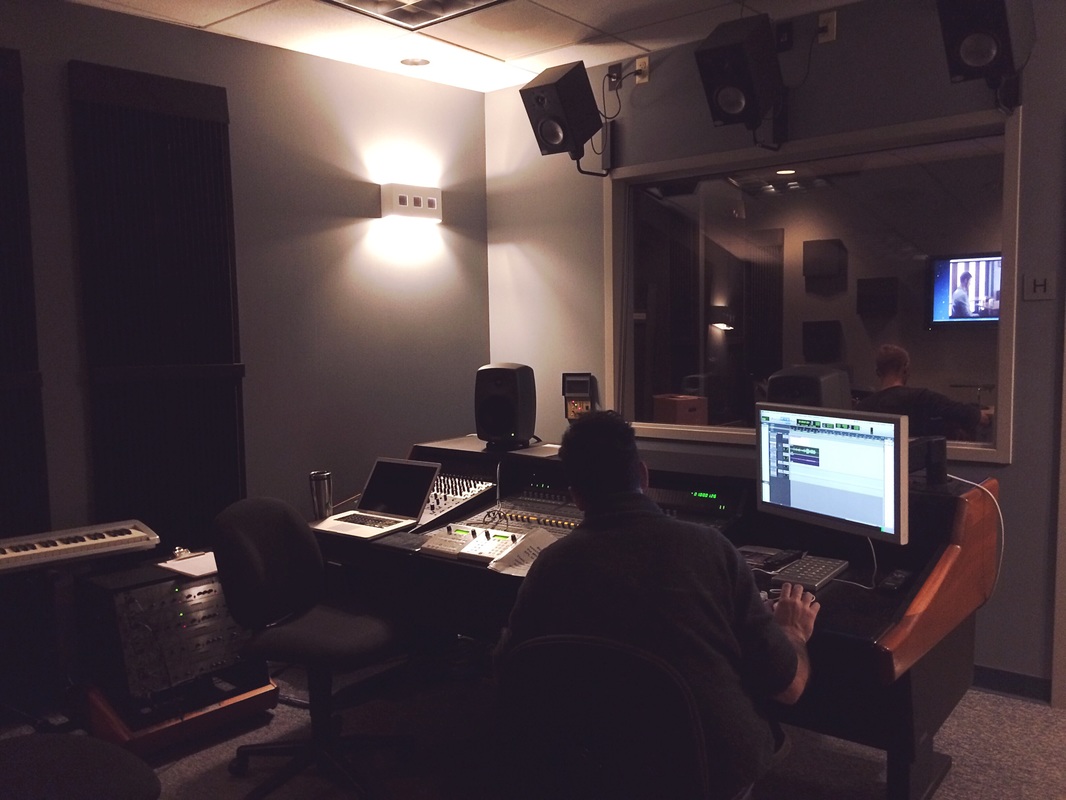
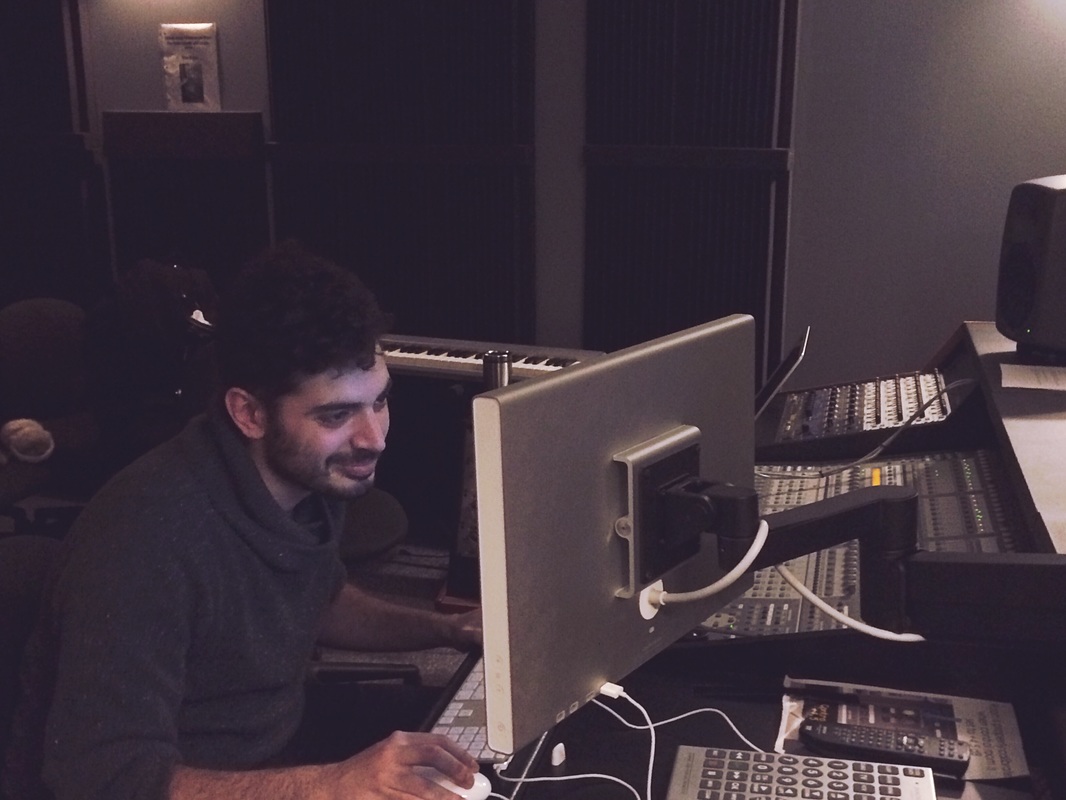
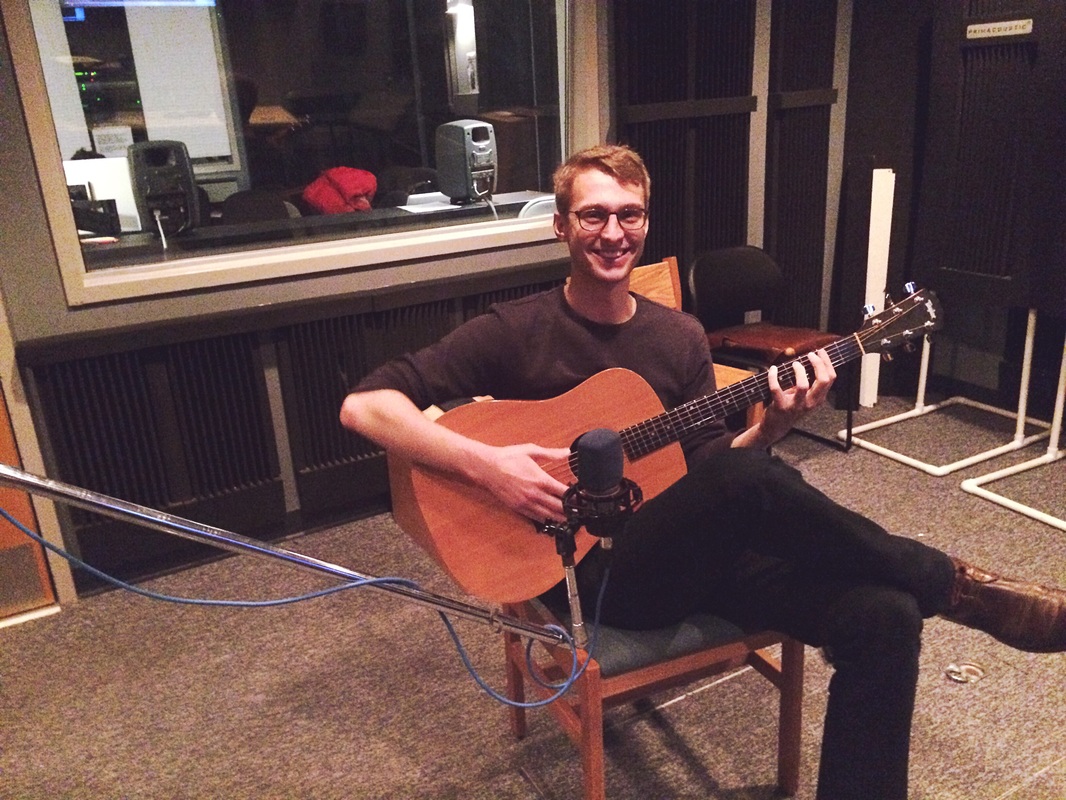
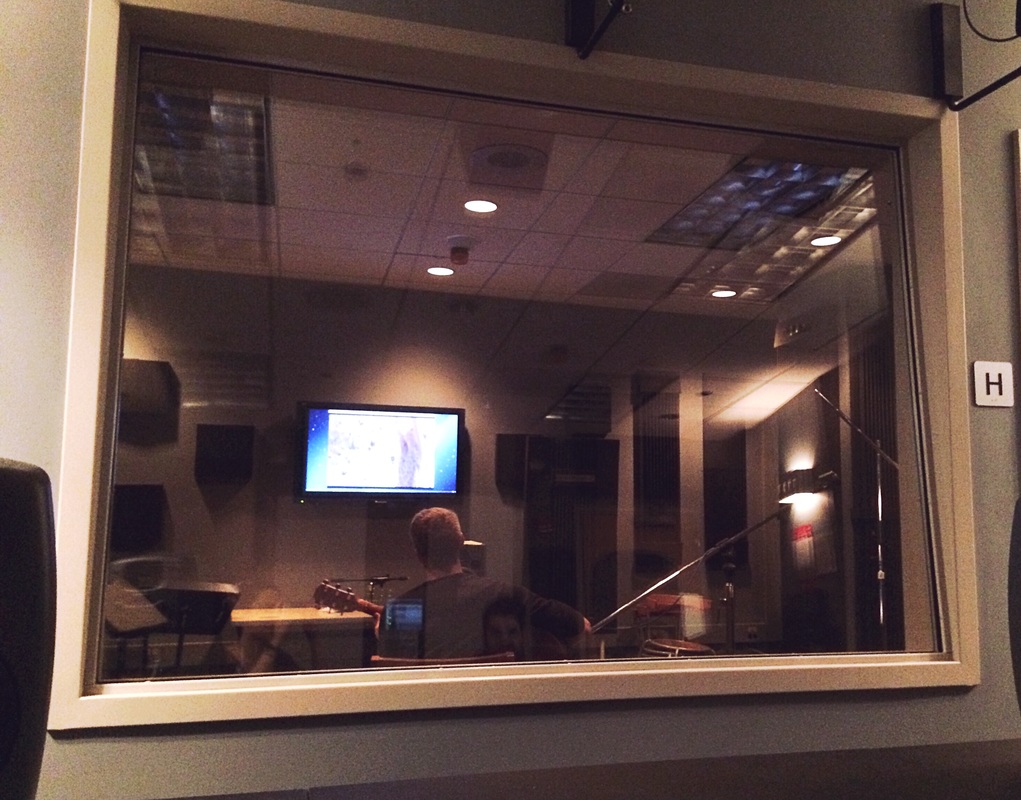
 RSS Feed
RSS Feed